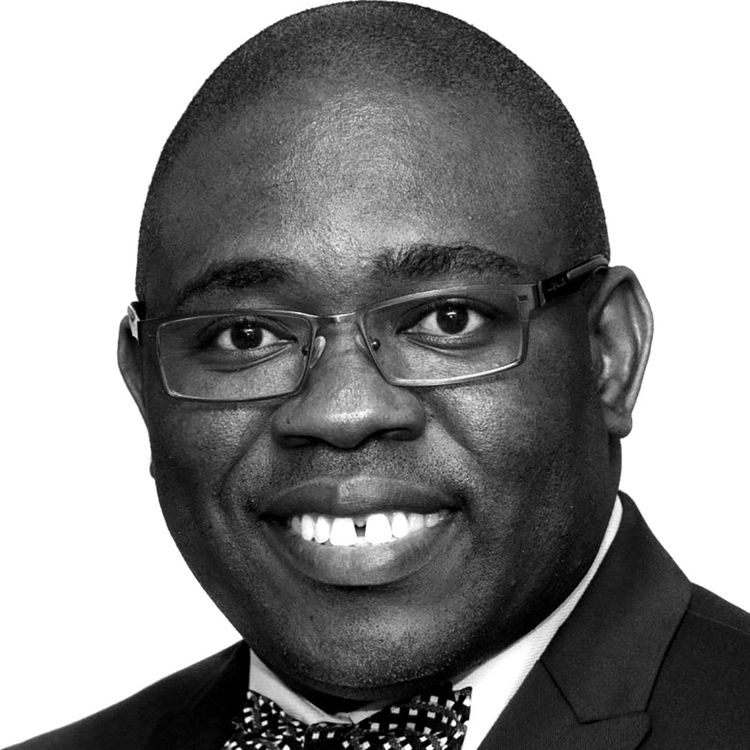On authenticity and inclusivity: Whose heritage is it anyway?

Professor Letlhokwa George Mpedi is the Vice-Chancellor and Principal of the University of Johannesburg.
The late Archbishop Desmond Tutu once said, “Differences are not intended to separate, to alienate. We are different precisely in order to realise our need of one another.”
This week, South Africans celebrate Heritage Day, formerly Shaka Day and sometimes called Braai Day. This is not a day celebrated without contention. Heritage Day celebrates South Africa’s rich and diverse cultural heritage, which includes traditions, languages, art and cuisine. Preserving these cultural elements is essential for maintaining the nation’s unique identity.
Yet, South Africa is an immensely diverse nation with a difficult and painful political past that is relatively recent in our collective history. As South African History Online (SAHO) expresses it, against this context, “One person’s heritage is another person’s trauma.” Alongside the celebration, Heritage Day is also marked and marred by our historical divisions, cultural tensions, identity politics and accusations of commercialisation. Our identities have been constructed, deformed and deconstructed, and we are still in the uncomfortably slow rebuilding process.
Political controversies and questions of authenticity often surface around the question of heritage, and inclusivity can be challenging. The SAHO entry states, “The logic behind celebrating a unifying national heritage was simple; the way to actually go about celebrating it, however, was not.” Nonetheless, in a nation so recently profoundly fragmented, this day holds great value. With such complexities bedevilling our shared heritage, it is important to interrogate whether there is value in celebrating Heritage Day.
Charting a way forward as a nation is indivisible from the very idea of sustainable development – learning to live within our means fairly and with dignity for all. One tenet of sustainable development is the importance of cultural diversity and heritage in building inclusive societies. We actively contribute to a more sustainable and culturally enriched society by valuing and protecting our heritage.
There are various facets to consider. Sustainable development relies on informed and engaged citizens who understand the interconnections between culture, environment and society. Heritage Day can serve as a platform for education and awareness-raising on sustainability issues. Additionally, it can encourage cultural preservation and a celebration of identity, alongside social cohesion and inclusion by coming together as South Africans to share our cultural traditions. In sustainable development, these are essential goals.
There are also a host of economic opportunities. South Africa’s cultural heritage can stimulate economic growth through tourism, cultural industries and artisanal crafts. By promoting and supporting these sectors, the country can create jobs and boost local economies. Sustainable development is essential for balancing economic growth with environmental and social concerns. Ecological stewardship also comes into play in this equation. South Africa’s natural heritage, including its diverse ecosystems and wildlife, is integral to its cultural identity. Conservation efforts are essential to preserve this natural heritage for future generations. By safeguarding our natural heritage, we actively contribute to global efforts to combat climate change and protect biodiversity. Ethical considerations and legal frameworks guide these facets.
Ethical principles guide respectful and inclusive practices, while legal frameworks provide the necessary structure and enforcement mechanisms to support these principles and ensure a sustainable and harmonious celebration.
We are sometimes challenged to clarify whose heritage Heritage Day celebrates. Acknowledging and celebrating our heritage does not detract from our history or story. It is not a dismissal of our past. The Jamaican activist Marcus Garvey said, “A people without the knowledge of their past history, origin and culture is like a tree without roots.” Without roots, there is no potential to grow. This very idea is crucial for sustainable development.
In the intersection between sustainable development and heritage, it is clear that while our differences are stark and should absolutely be celebrated, we also share common goals – particularly in the quest for more equitable and inclusive systems and structures. Beyond celebrating a day off and a long weekend this year, Heritage Day continues to be relevant and important in our story. DM























































